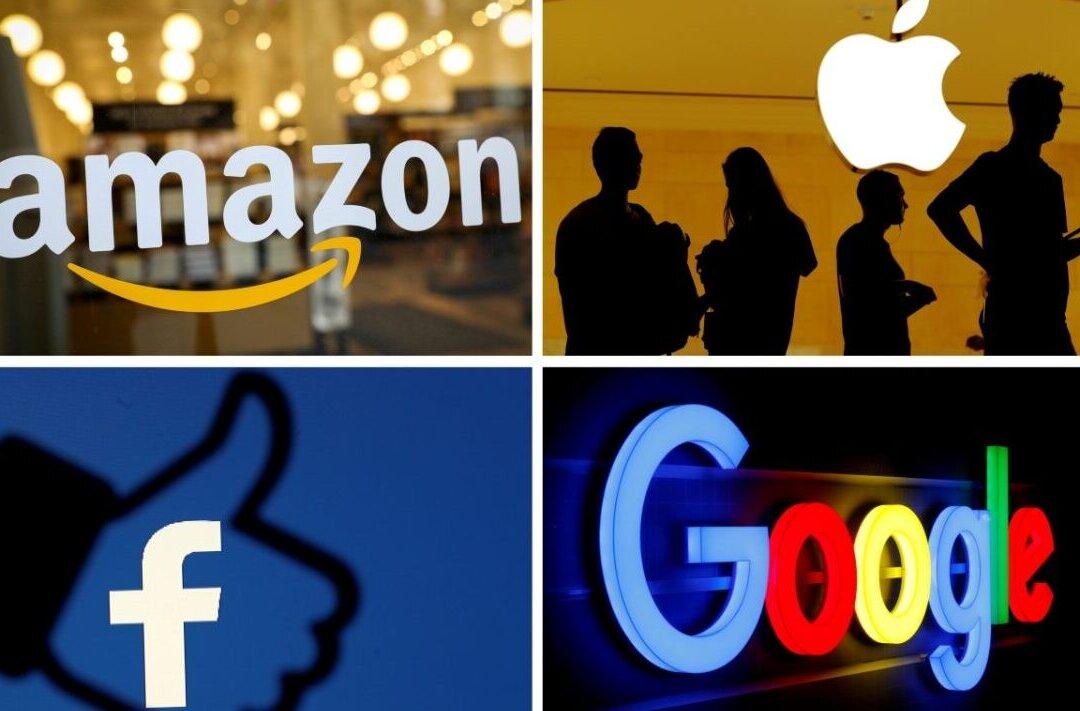House Democrats proposed a sweeping overhaul of U.S. laws in a bid to rein in the power of Big Tech giants such as Amazon, Apple, Facebook, and Google by making it easier to break them up or discourage them from getting even bigger.
The House Antitrust Subcommittee released a 450-page report on Oct. 6 (pdf), following a bipartisan investigation launched in June 2019, claiming a range of anti-competitive practices on the part of the four tech titans.





